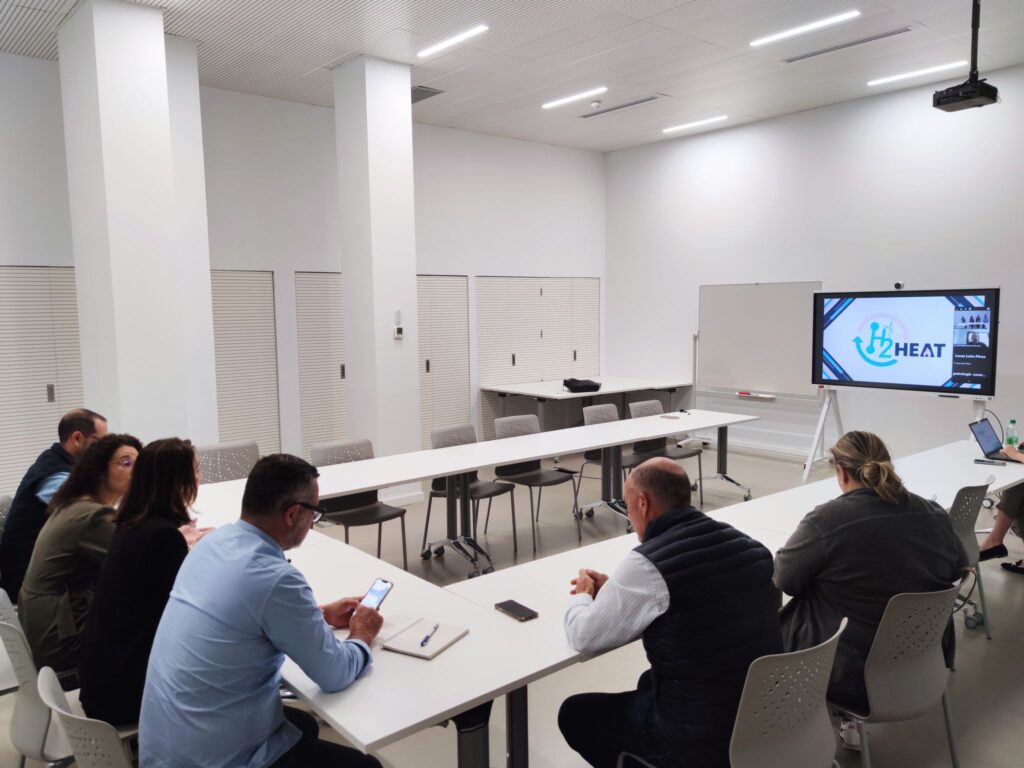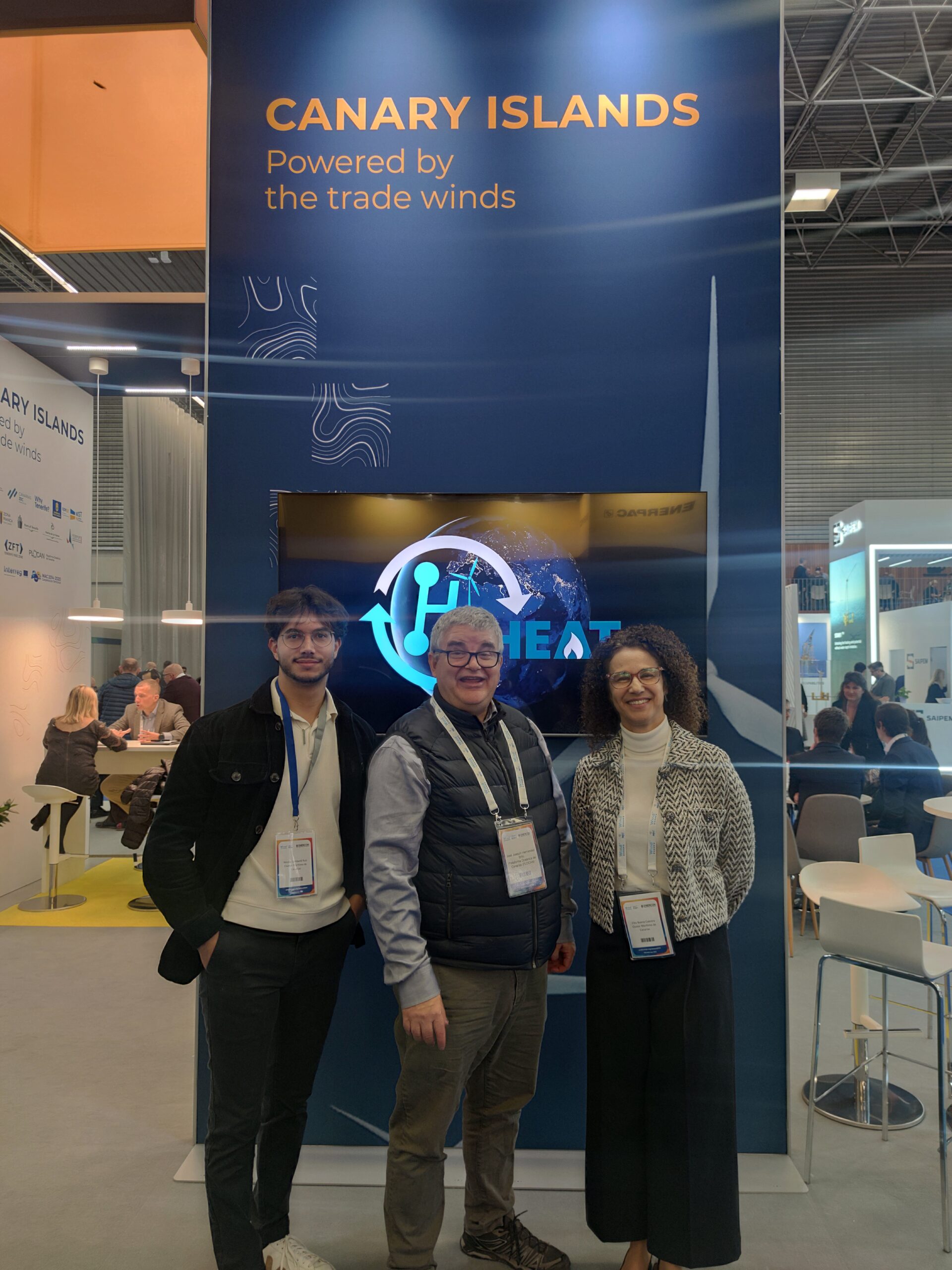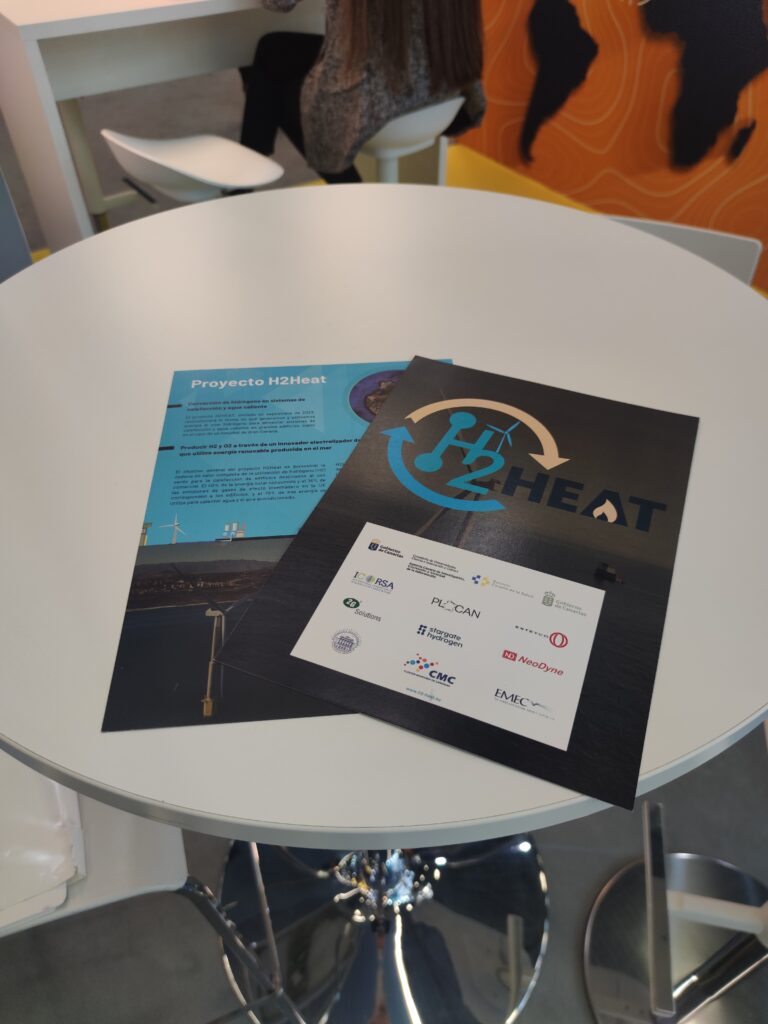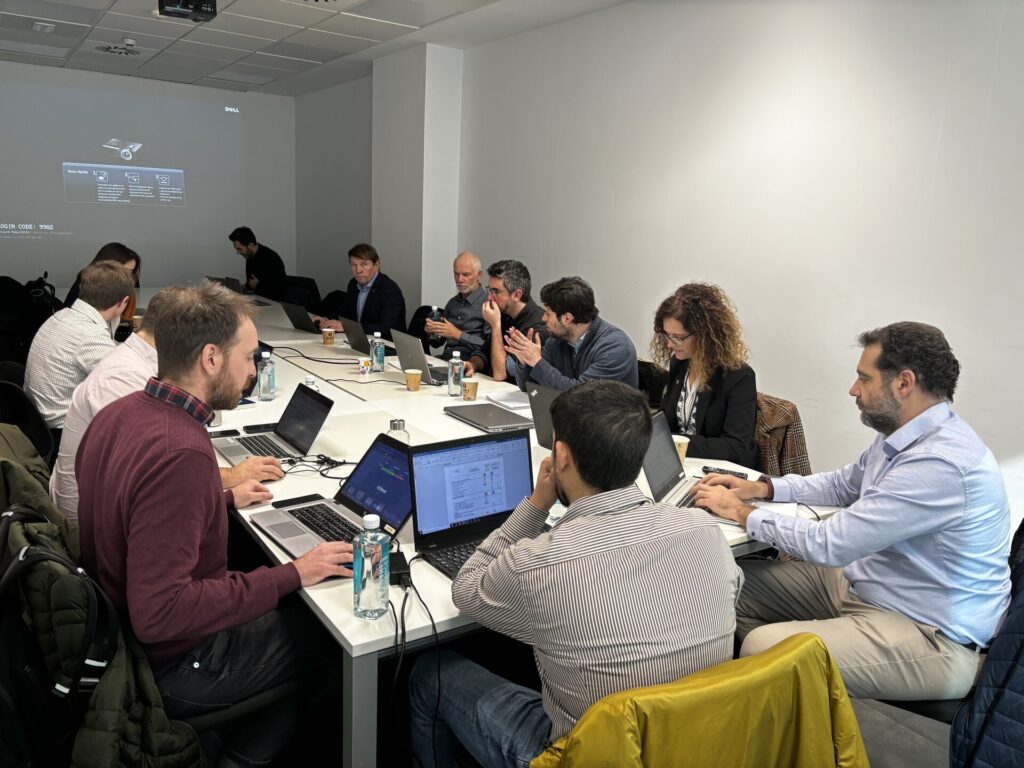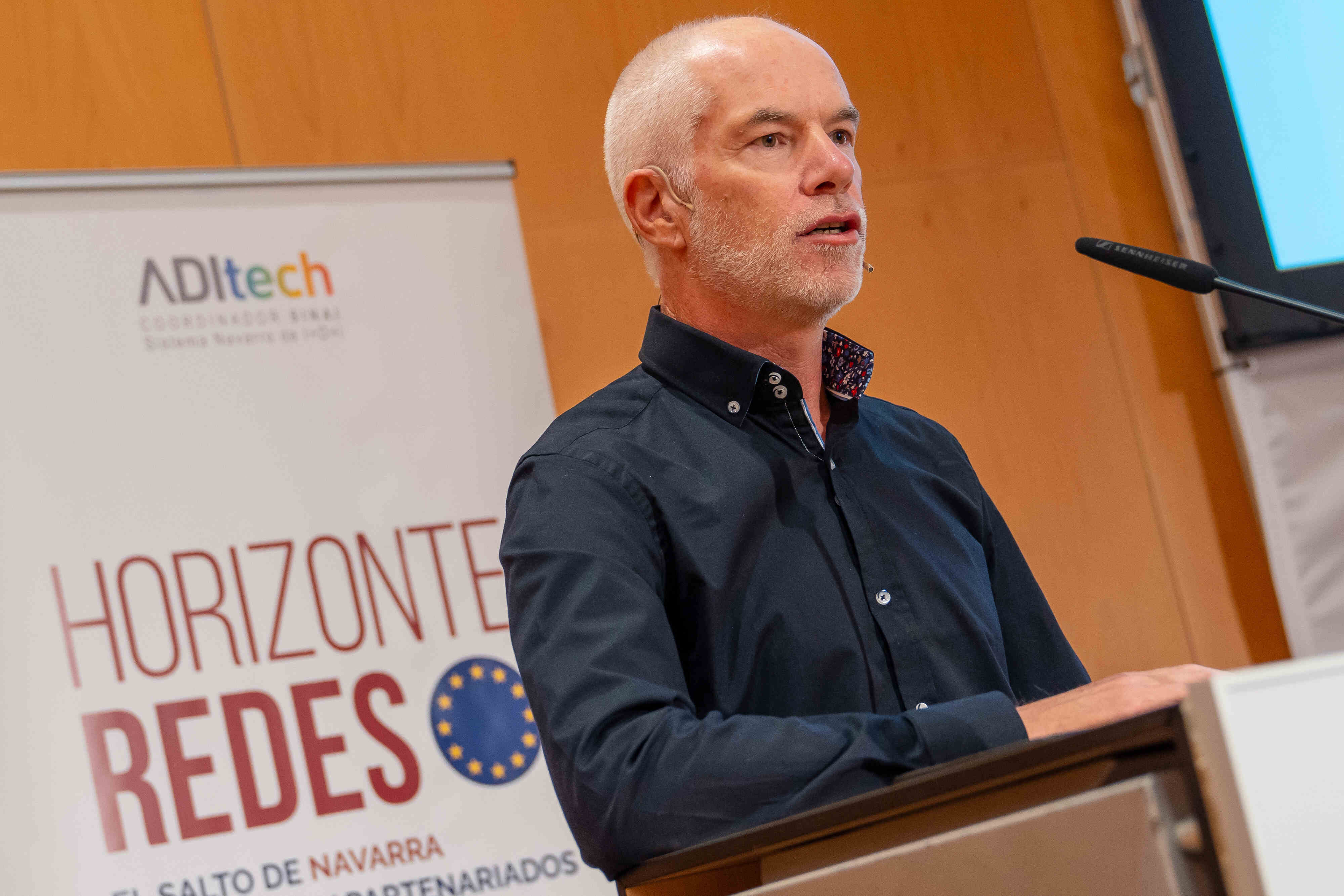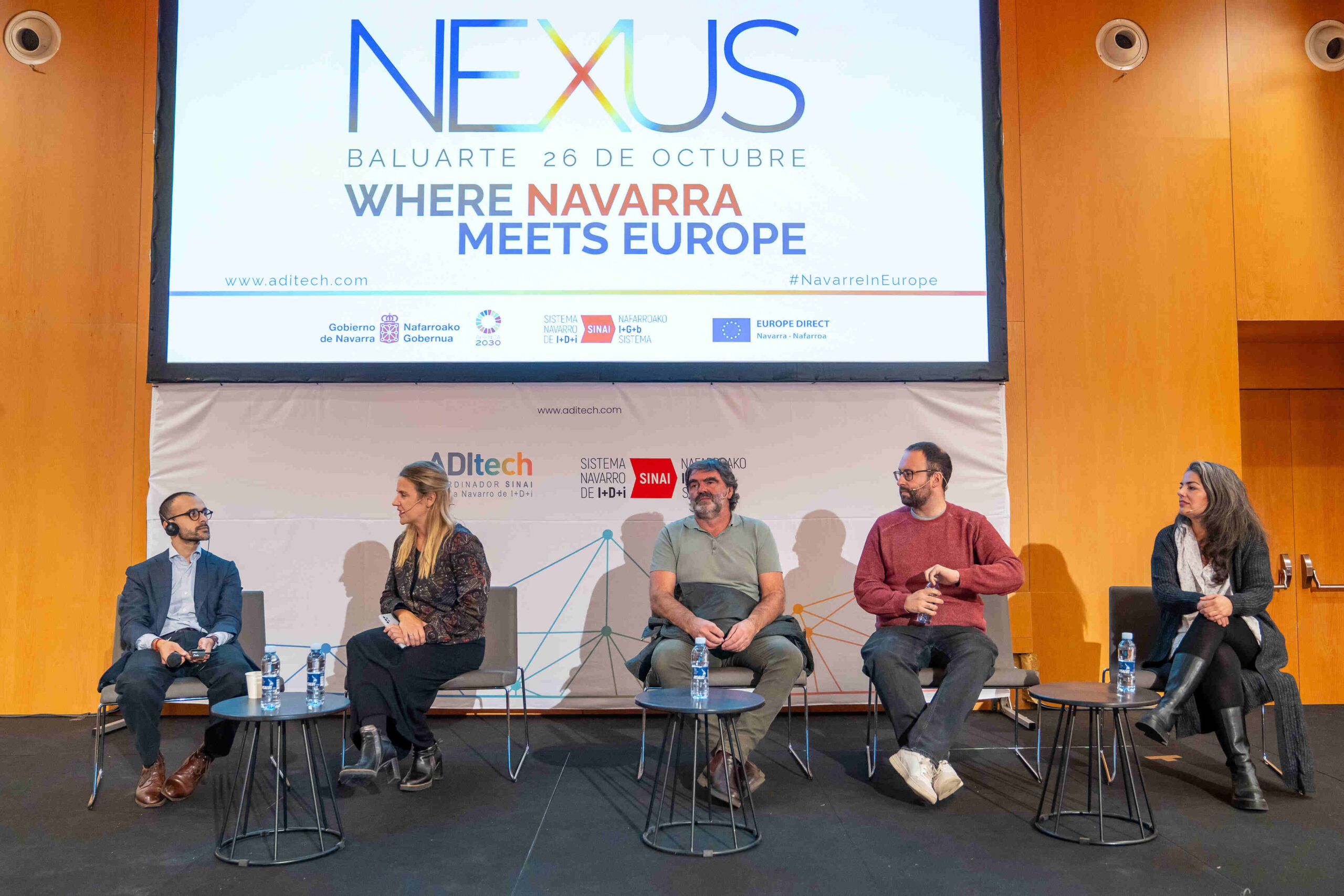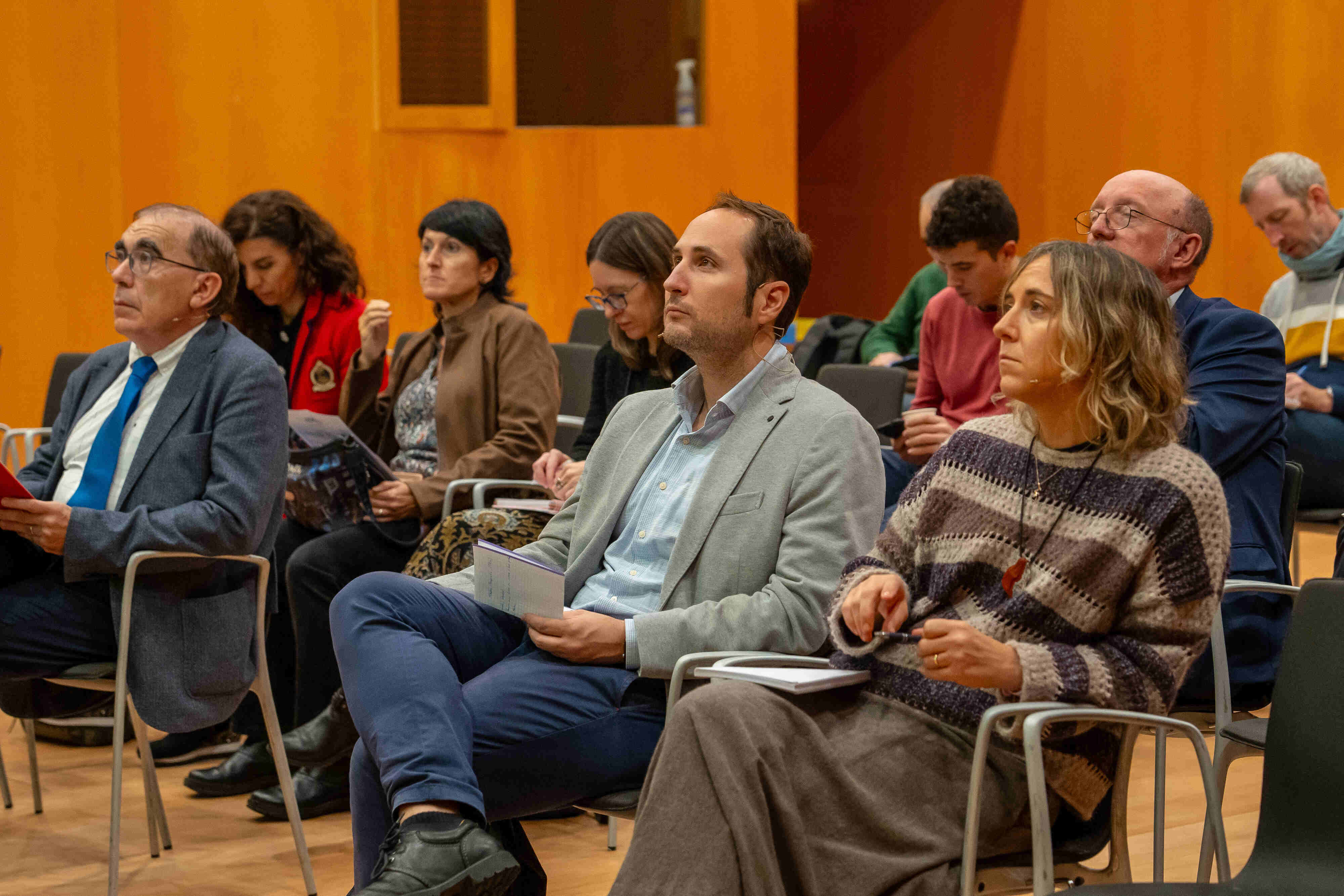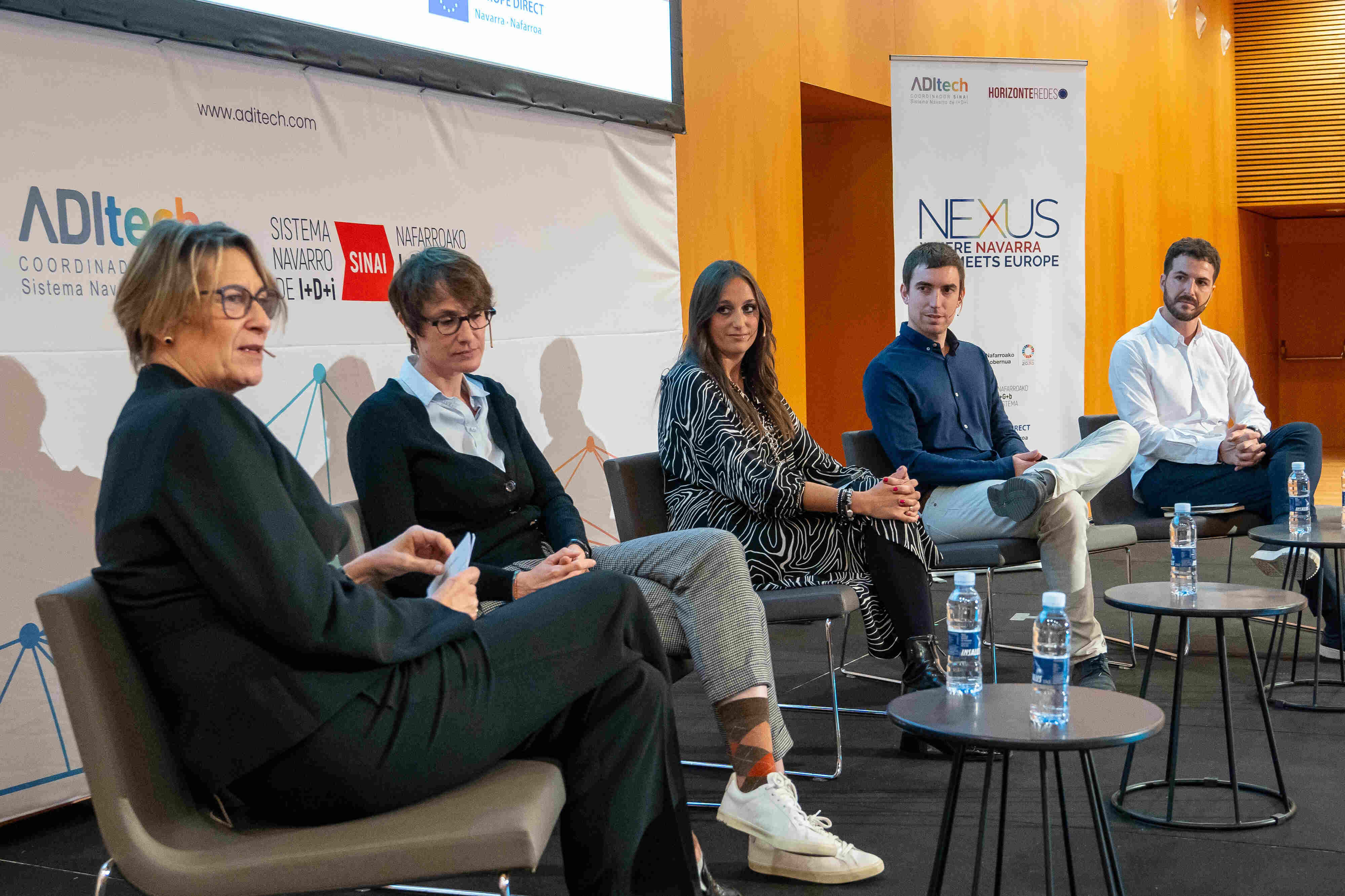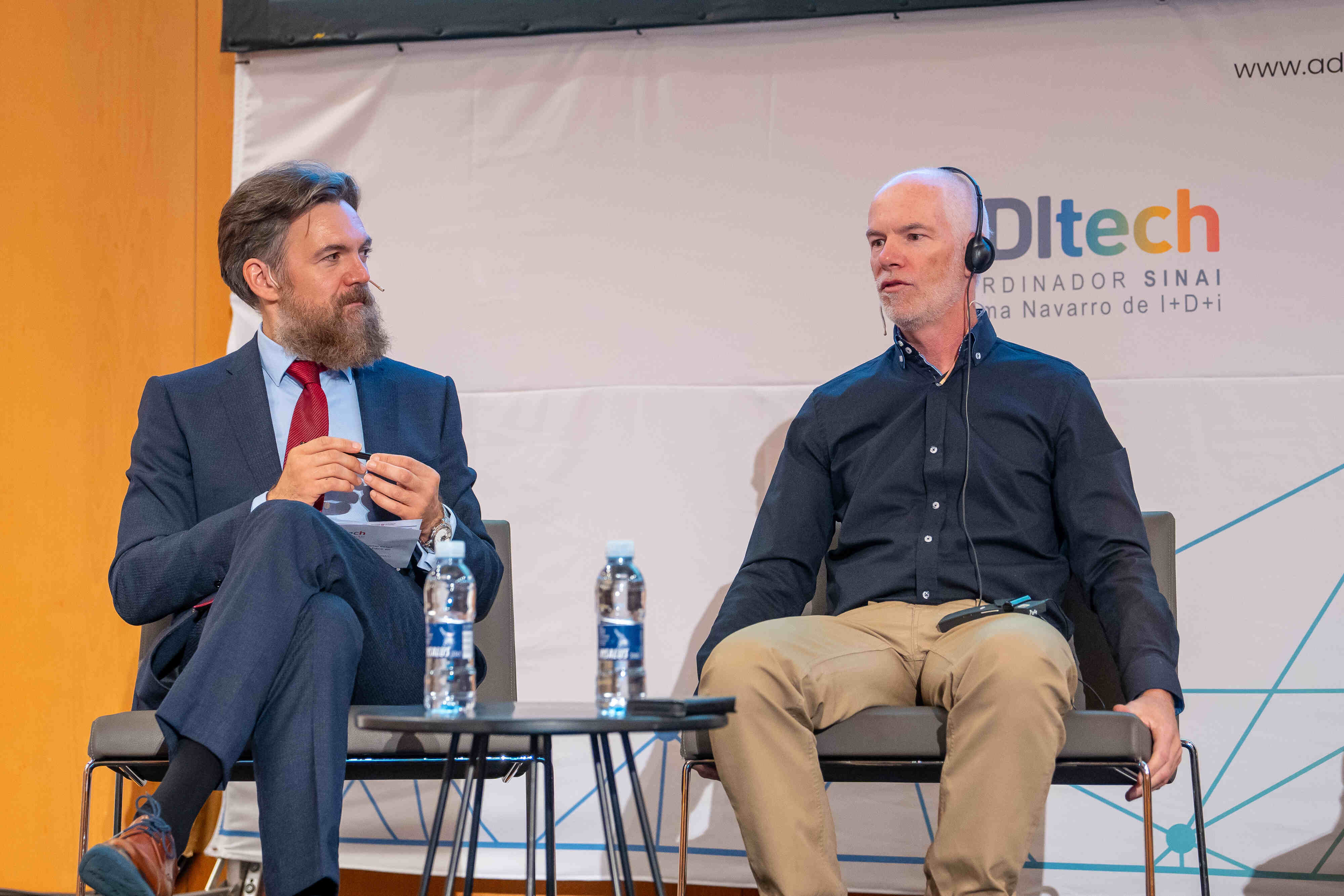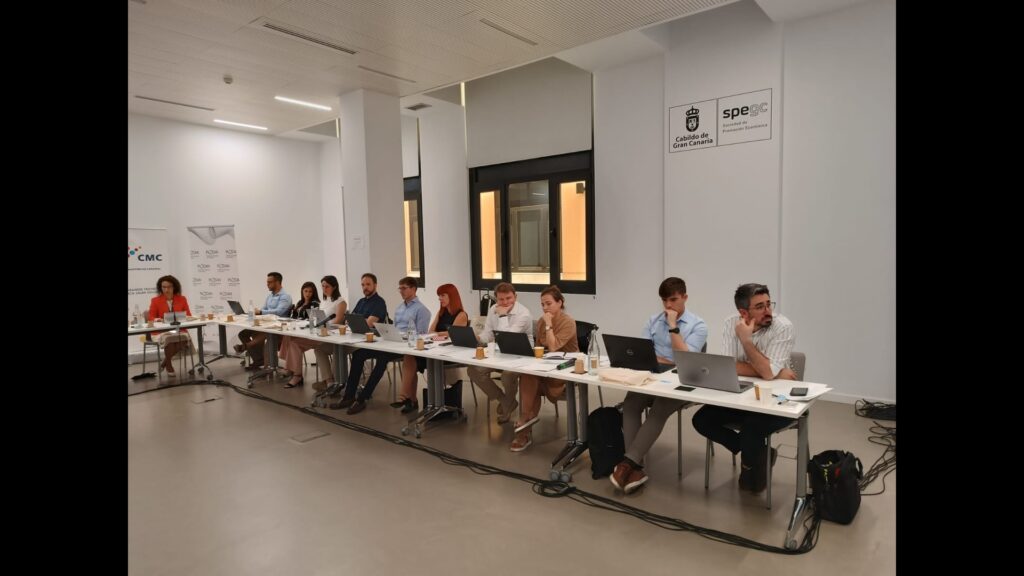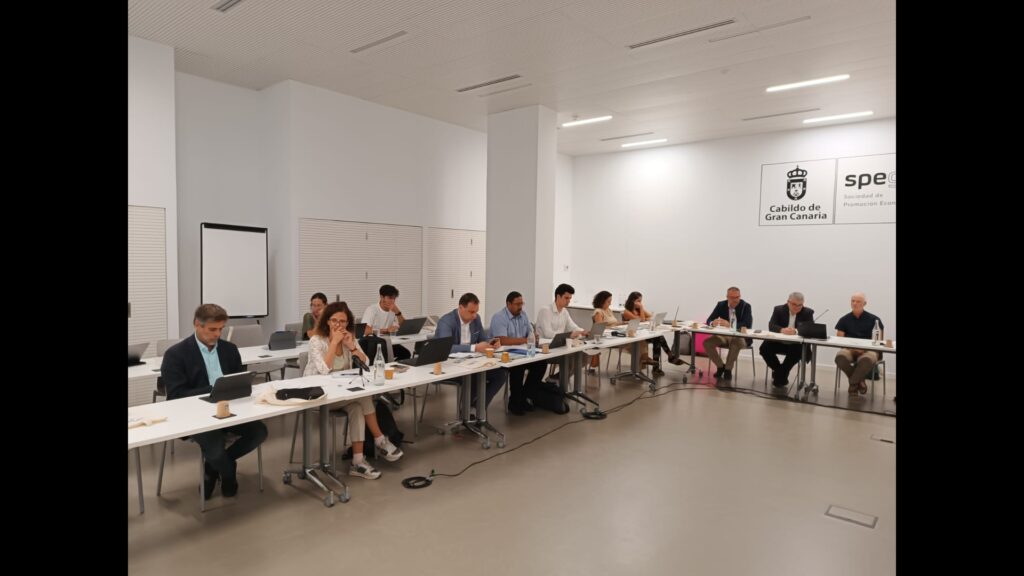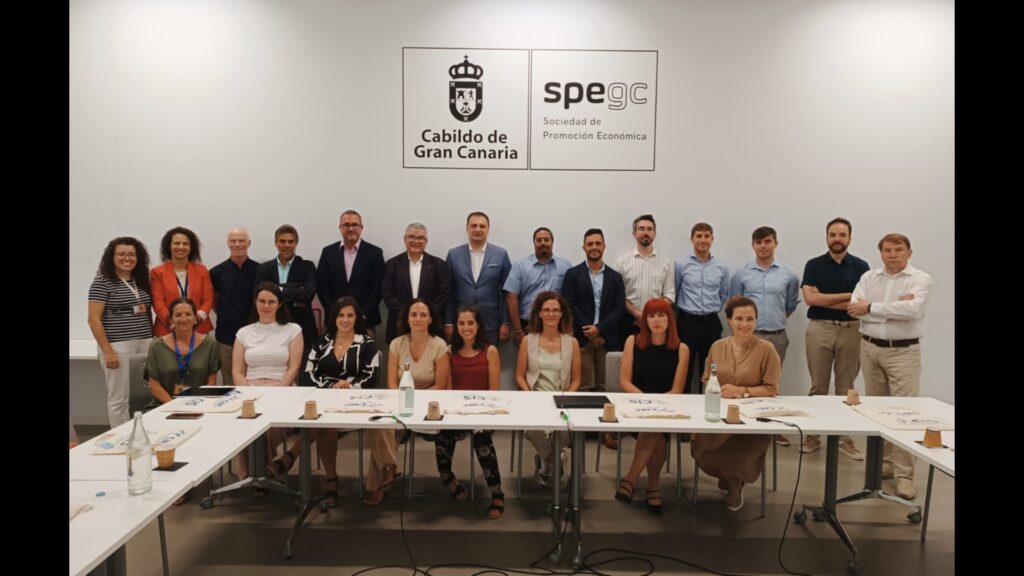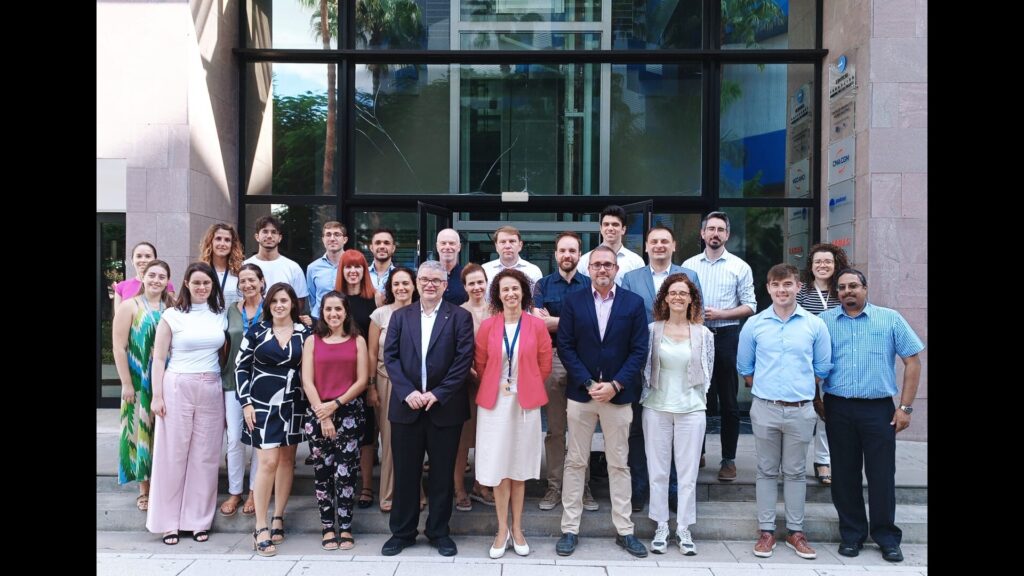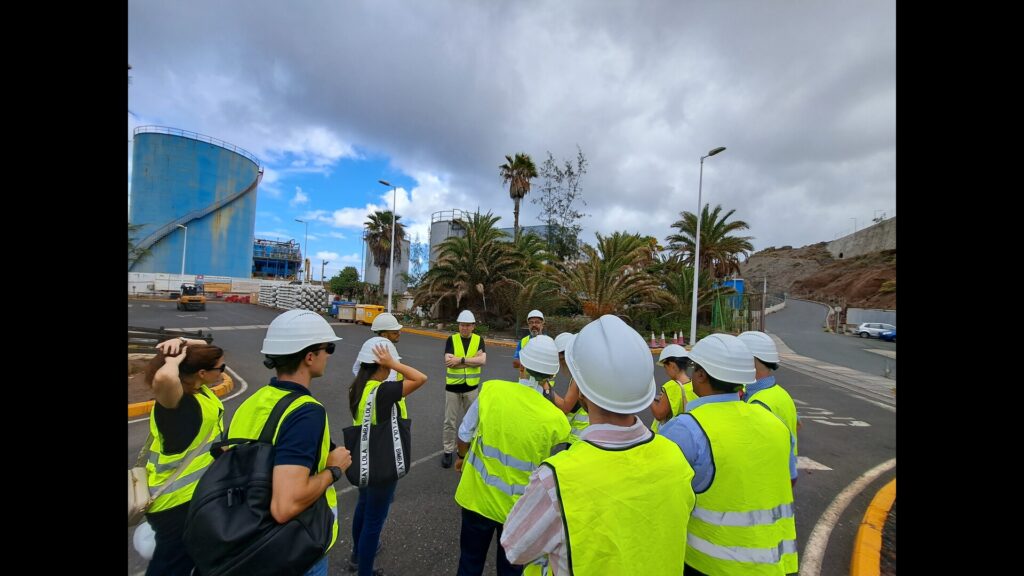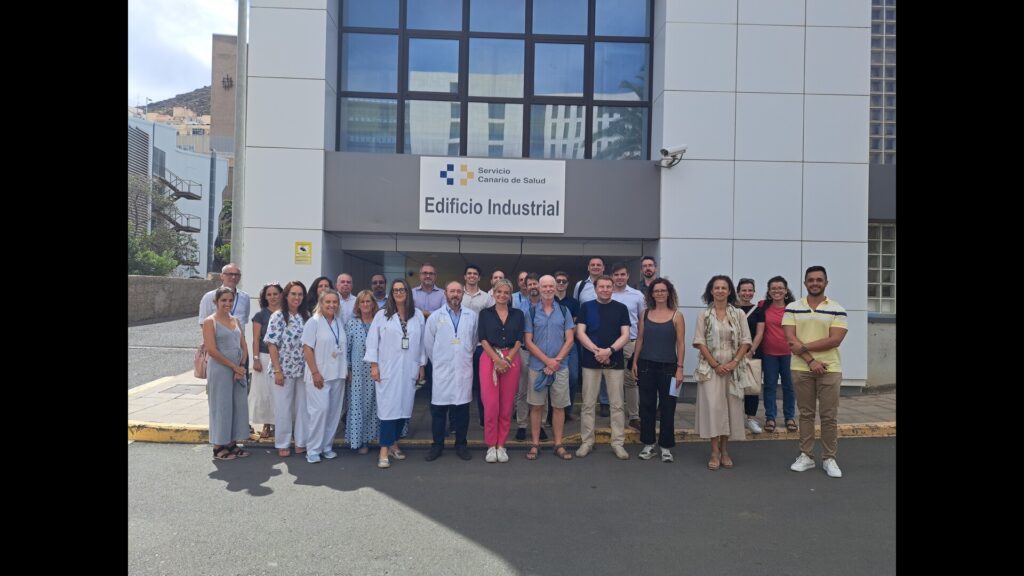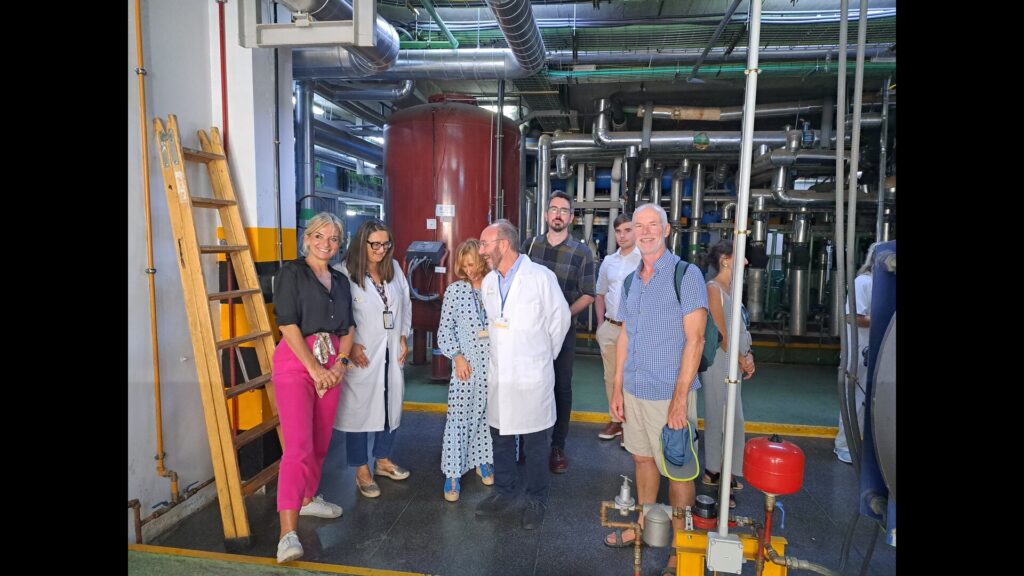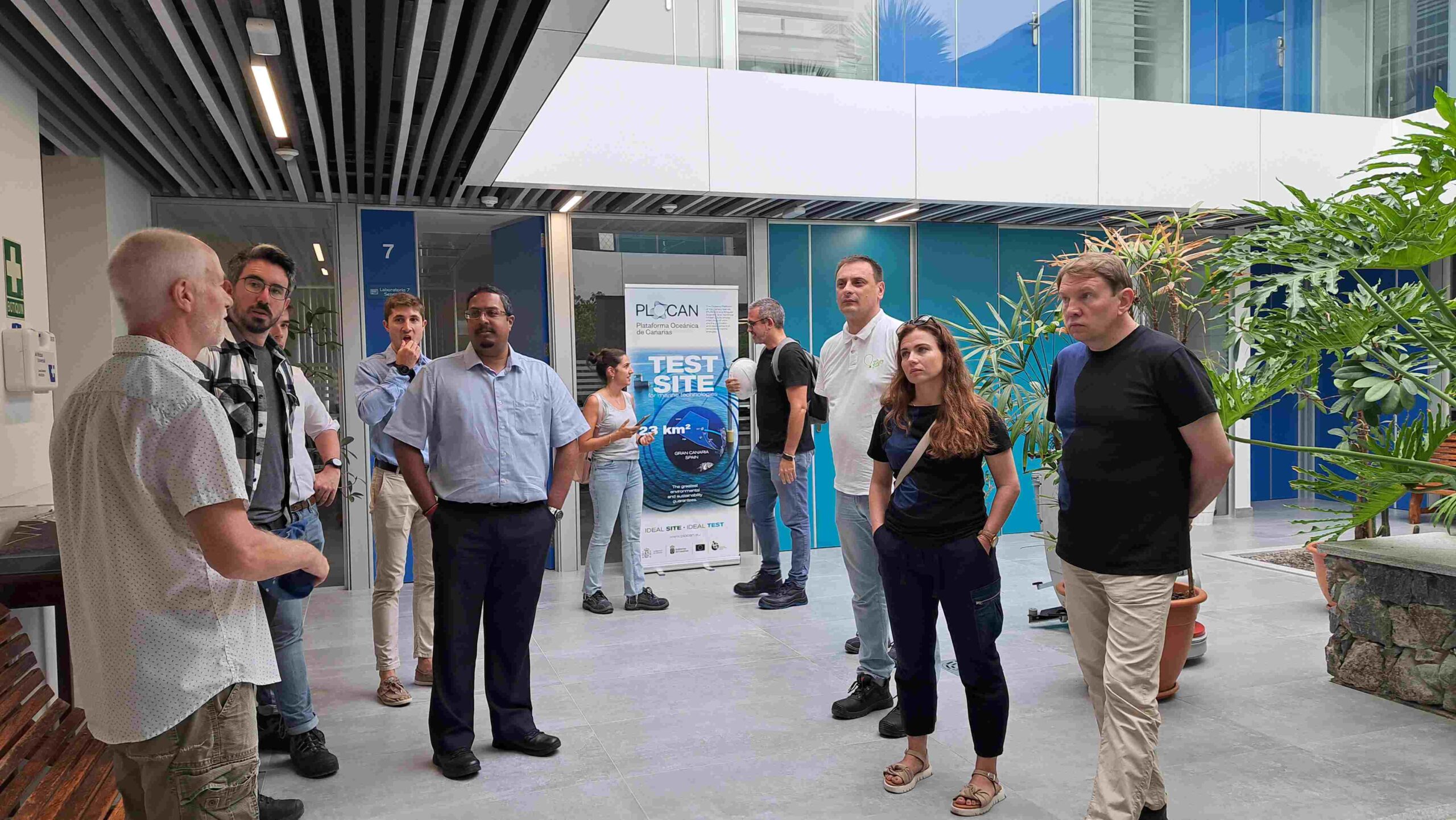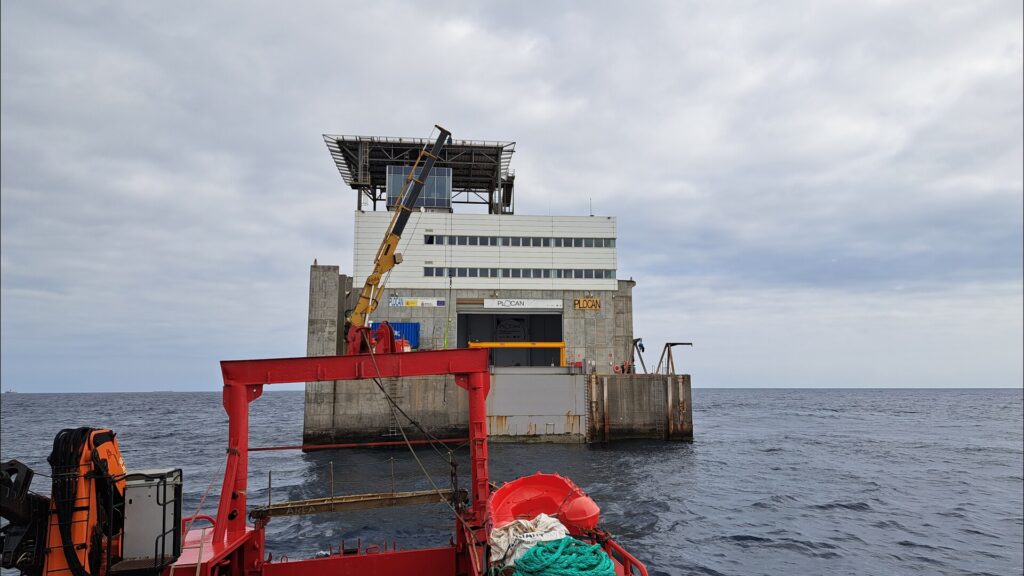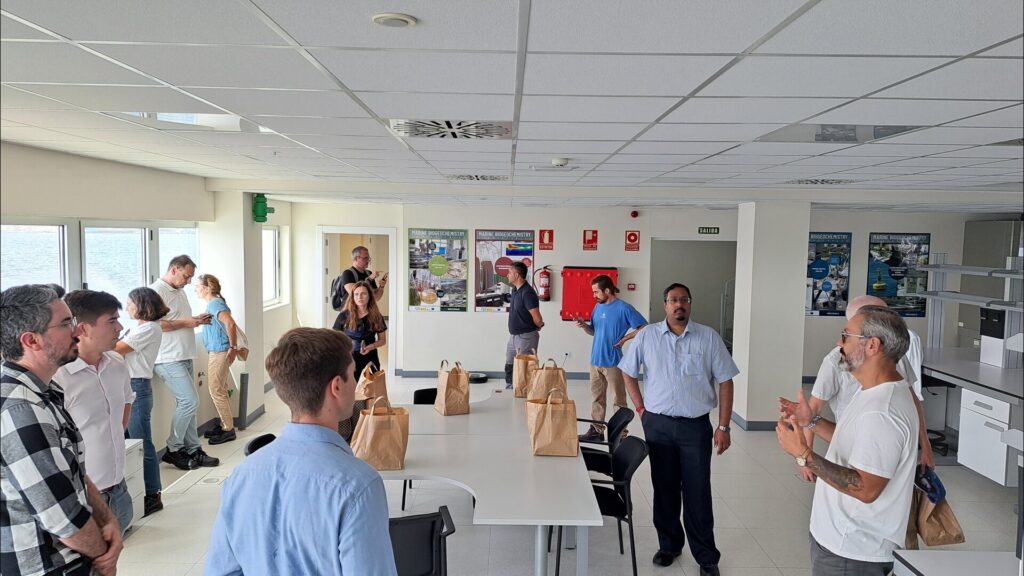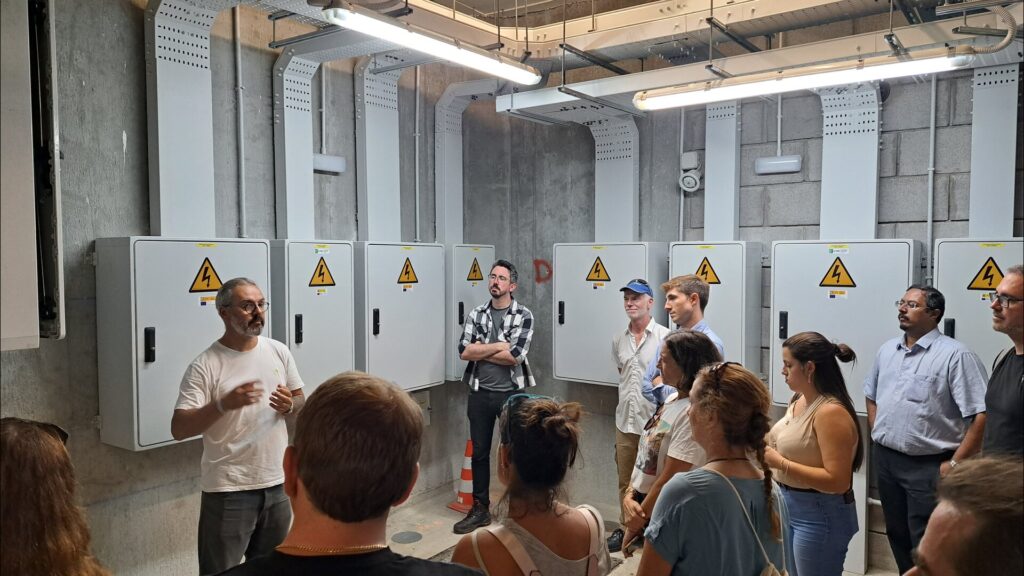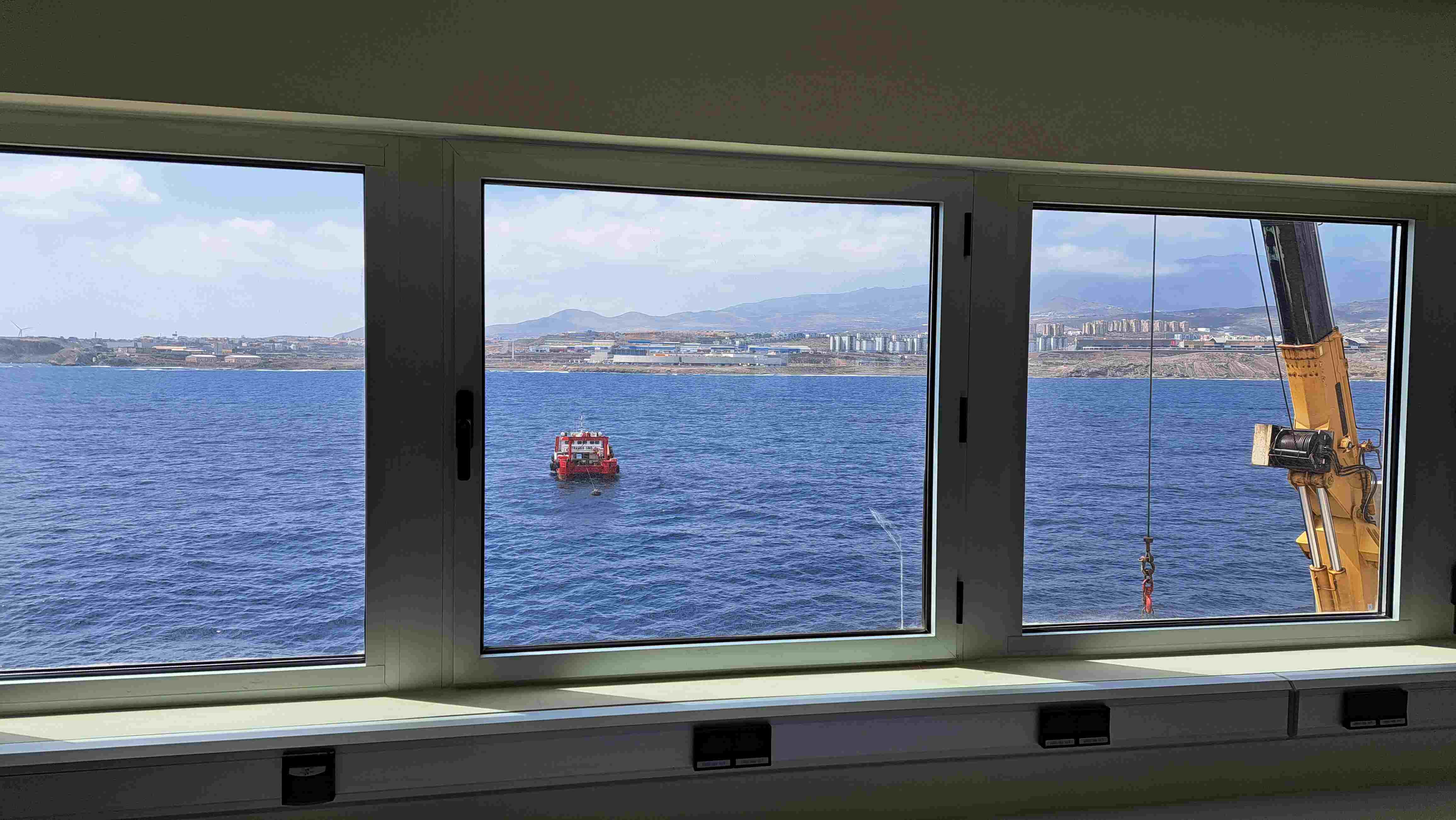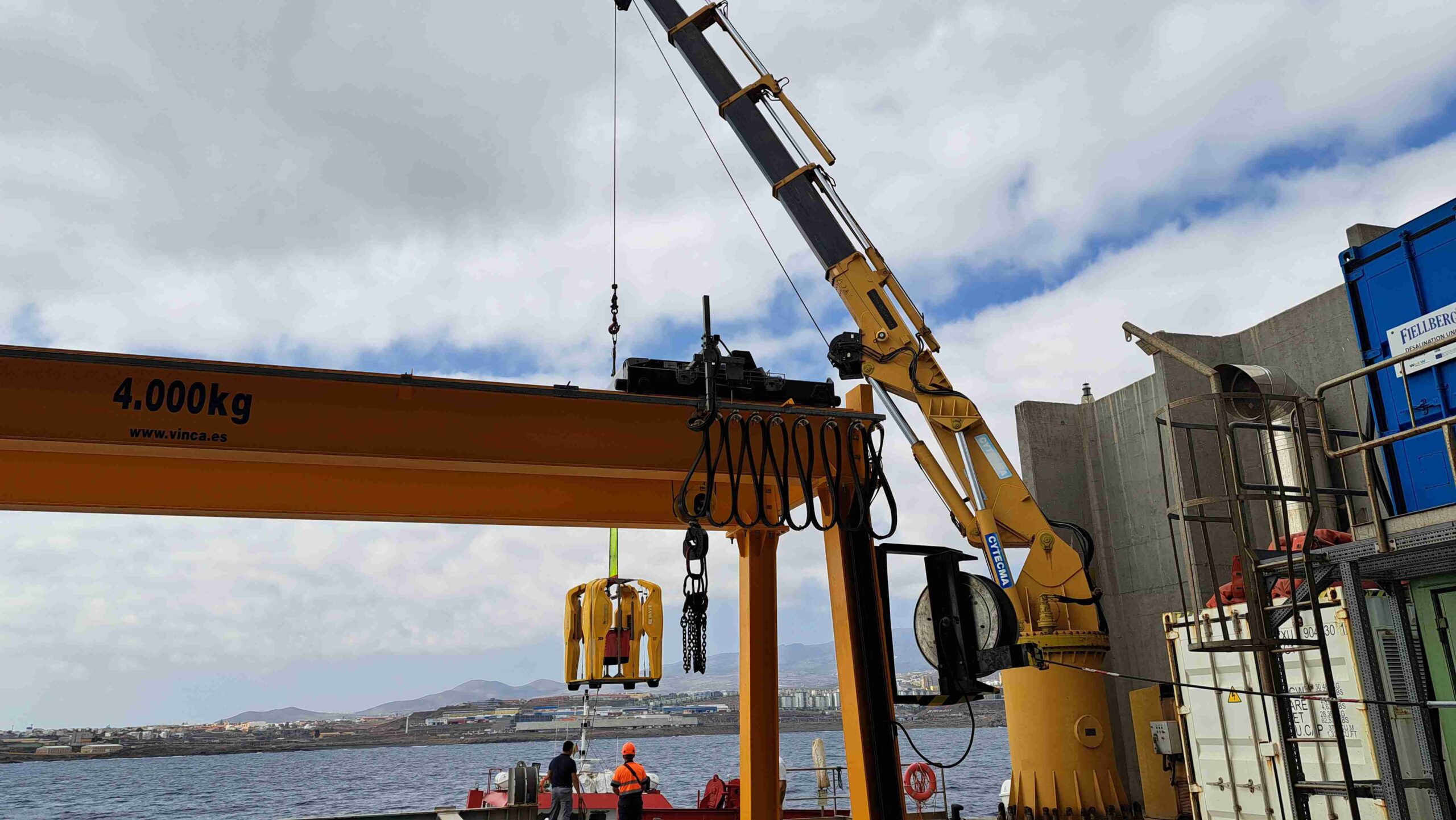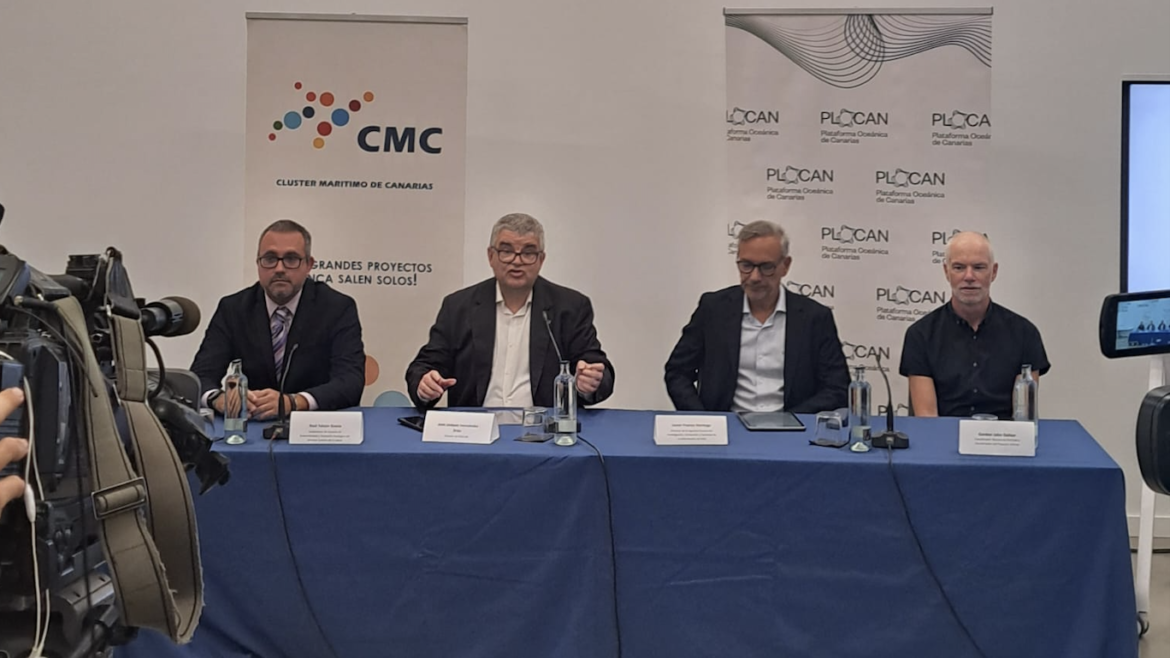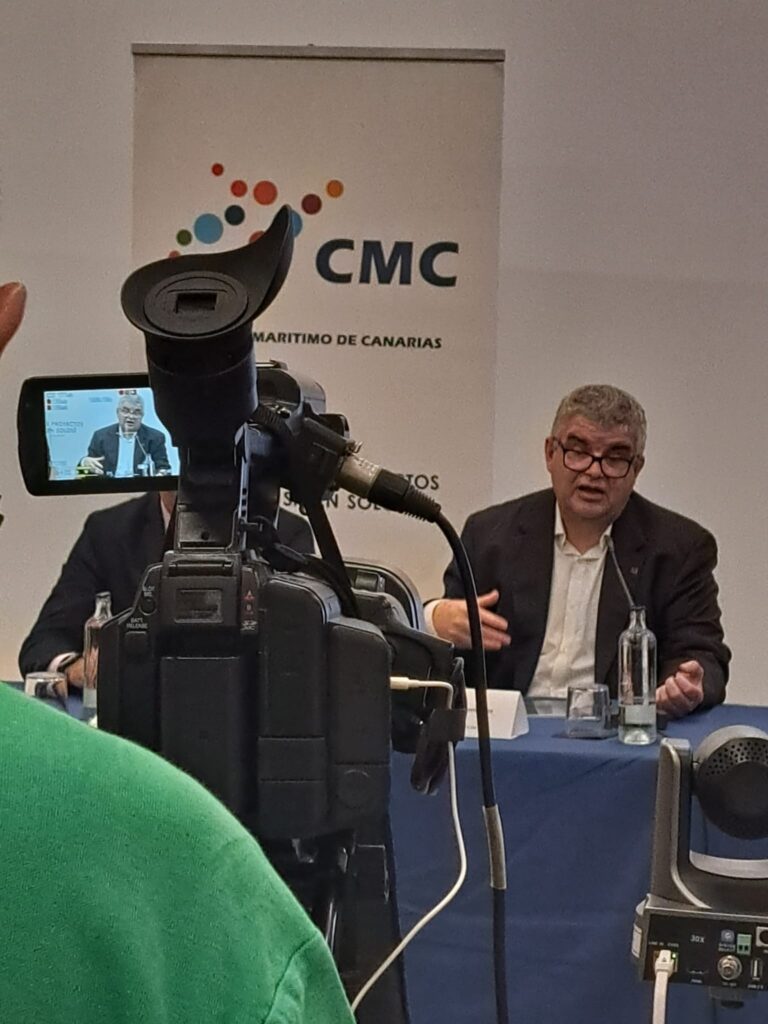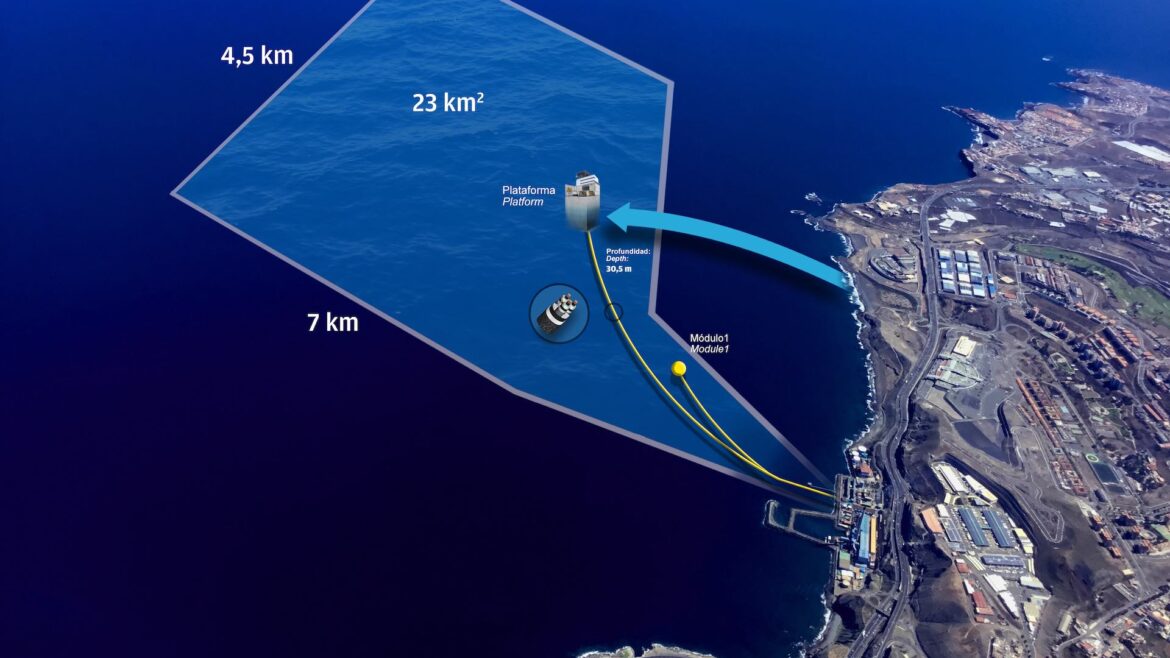Exploring the Knowledge and Innovation Community on Water, Marine, and Maritime
Exploring the Knowledge and Innovation Community on Water, Marine, and Maritime https://h2-heat.eu/wp-content/uploads/2024/04/Screenshot-2024-04-18-at-13.58.21-1024x933.jpg 1024 933 H2Heat Project https://h2-heat.eu/wp-content/uploads/2024/04/Screenshot-2024-04-18-at-13.58.21-1024x933.jpgDate: 17-04-2024 14:00
Online Link
Seas, oceans, and inland waters are more than just scenic views and recreational spots. They hold the key to many critical aspects of our world, from ecosystems to climate dynamics, and from food provision to energy efficiency. Recognising the importance of these natural resources, the European Parliament is taking a proactive stance by organising workshops to promote knowledge and innovation in the water, marine, and maritime sectors.
The workshops, hosted by the Science and Technology Options Assessment (STOA), are scheduled to take place in the SPAAK 7C50 room and will be streamed online. However, registration is required for those planning to attend in person.
Addressing Key Challenges
One of the primary focuses of the workshops is to tackle significant challenges in the water sector. These include water scarcity, quality, and the need for sustainable fishing, as well as water and wastewater treatment. Discussions will also touch on the management of marine and freshwater ecosystems, the use of critical raw materials, and the advancement of a circular economy.
It’s evident that collaboration across various sectors is essential to address these challenges effectively. This calls for an innovative public-private approach and cross-sector cooperation.
The Water KIC: Enhancing Knowledge and Collaboration
The European Parliament is considering the establishment of a Knowledge and Innovation Community (KIC) on water, marine, and maritime topics under the European Institute of Innovation and Technology (EIT). This Water KIC would serve as a platform for enhancing cross-border, multi-disciplinary collaboration and fully leveraging the potential of the knowledge triangle in these sectors.
A holistic approach to establishing the Water KIC could address significant economic, environmental, and societal challenges. Waters and ocean-related fields offer a strong knowledge base with high market potential, making this a pivotal initiative for the European Union.
Workshop Programme
The workshop offers a robust program packed with insightful presentations and discussions:
- Welcome Address: Christian Ehler, MEP and STOA Chair, kicks off the event at 14:00.
- Strategic Innovation Agenda for 2021-2027: Pernille Weiss, MEP and STOA Panel member, shares insights on the EIT’s strategic plans.
- Study Presentation: Researchers from Norwegian University of Science and Technology and Aix Marseille University present their preliminary findings.
- Panel Discussions: The workshops include two panel discussions—one on building innovation ecosystems and another on attracting private investment for education and innovation.
The event concludes with closing remarks from Pernille Weiss, MEP and STOA Panel member.
The Impact on Future Policy and Initiatives
The workshops aim to provide policymakers with essential insights for establishing the Water KIC and aligning its goals with EU climate objectives. By reinforcing networks of active stakeholders, the initiative seeks to contribute to ongoing Commission work and shape the future of water and marine innovation.
The event is held in English only, and the live stream link will be shared on the event page. Don’t miss this opportunity to be a part of this forward-thinking effort to drive innovation and sustainability in the water sector.
Workshop Agenda and Time
14:00 – 14:10
Welcome by Christian Ehler, MEP and STOA Chair
14:10 – 14:20
The Water KIC in the EIT Strategic Innovation Agenda for 2021-2027
Presented by Pernille Weiss, MEP and STOA Panel member
14:20 – 14:50
Presentation of the study
- Siri Granum Carson, Norwegian University of Science and Technology
- Richard Sempere, Aix Marseille University (video message)
- Sveinung Sægrov, Norwegian University of Science and Technology
14:50 – 15:00
Introduction by the moderator of Panel 1
Siri Granum Carson, Norwegian University of Science and Technology
15:00 – 15:45
Panel 1: Building Innovation Ecosystems
- Manuel Irun Molina, Head of the Grant Implementation Unit, EIT
- Luca Perego, Head of Unit ‘Innovation and EIT’, European Commission, DG EAC (Education and Culture)
- Richard Zalztman, EIT Food CEO
- Q&A session
15:45 – 15:55
Break
15:55 – 16:05
Introduction by the moderator of Panel 2
Sveinung Sægrov, Norwegian University of Science and Technology
16:05 – 16:50
Panel 2: Attracting Private Investment for Education and Innovation
- Durk Krol, Water Europe
- Kestutis Sadauskas, Mission Ocean
- Margherita Cappelletto, Sustainable Blue Economy Partnership
- Joaquim Poças Martins, University of Porto
- Q&A session
16:50 – 17:00
Closing remarks
Presented by Pernille Weiss, MEP and STOA Panel member
The event is web-streamed, and the link will be available on the event page.


